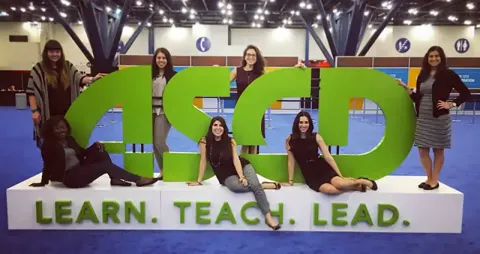
A great teacher can change lives, igniting a love of learning that lasts long after a student leaves the classroom. As a preschool or elementary school teacher, you may be an influential mentor to your students as they explore and discover their passions and learn to respect and work together with friends and classmates.
Hofstra's fully accredited programs in early childhood and elementary education are steeped in the theory and practice of teaching. You will have access to the support, technology, knowledge, and facilities needed to become an effective educational leader and to meet the changing dynamics of teaching.
Why Hofstra?
Hofstra prepares you to be certified in both early childhood (birth-grade 2) and childhood (grades 1-6) education. We also offer five-year dual-degree programs in high-demand areas like STEM (Science, Technology, Engineering and Math) and special education.
On-campus, there are research and training opportunities at our Saltzman Community Service Center, which offers child care and other services to the community.
Additionally, Hofstra has a unique partnership with the Farmingdale School District in which newly certified Early Childhood Education graduates complete their first year of teaching in the district's universal pre-K program.
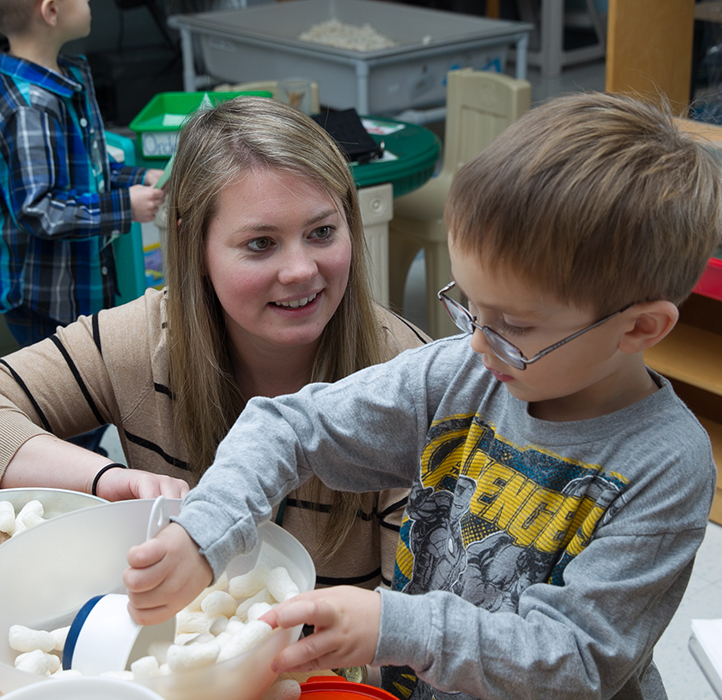
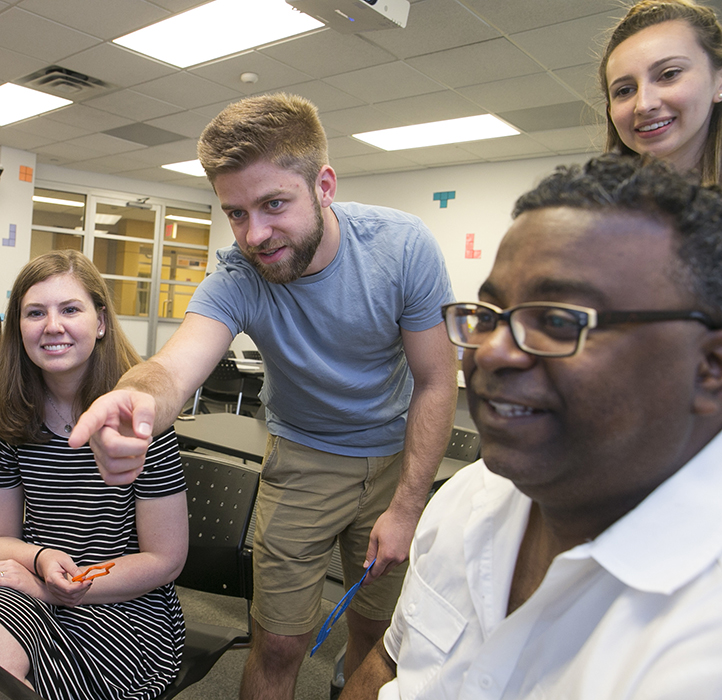
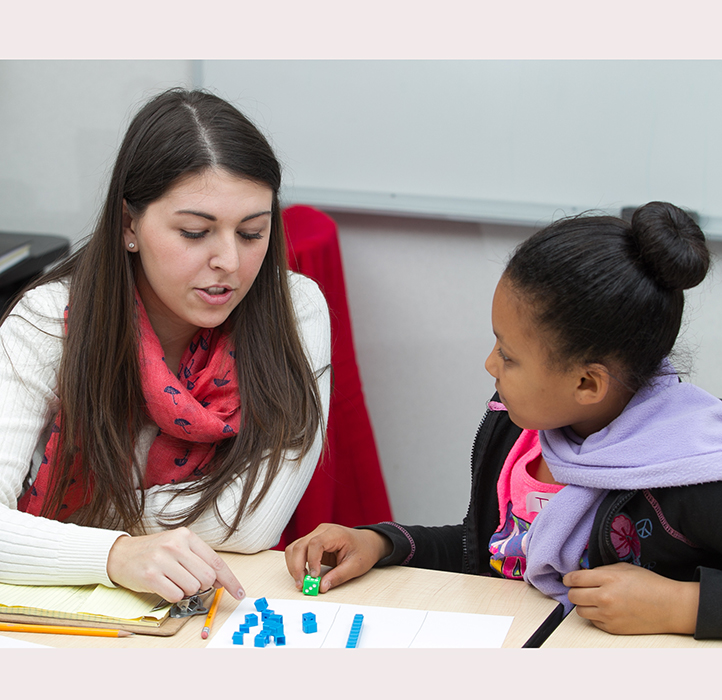
Curriculum/Program Offerings
Hofstra offers two four-year degrees in Early Childhood and Childhood Education, and several five-year dual-degree programs that combine an early childhood/elementary education bachelor's degree with a specialized master's degree. Our programs are fully accredited by CAEP (Council for the Accreditation of Educator Preparation).
Students in this program initially choose a major in the liberal arts and sciences or engineering and applied science, and spend their first two years completing 45 semester hours in that major. Then, they apply for admission to the School of Education and declare a major in Early Childhood/Childhood Education.
BA in Early Childhood/Childhood Education
Students in this program combine the early childhood/childhood education major with an arts or science co-major from either Hofstra College of Liberal Arts and Sciences or the DeMatteis School of Engineering and Applied Science.
We recommend you choose a co-major in an academic discipline that could also be taught on the secondary level. If you major in an area like English, History, Mathematics, Foreign Language, or one of the sciences, you may be able to apply directly to New York state for additional certification in secondary education in that subject area.
Students apply to this program in their sophomore year and begin the program in their junior year.
More information
BS in Early Childhood/Childhood Education
This program does not require a co-major in Hofstra College of Liberal Arts and Sciences or the DeMatteis School.
You begin the heart of the program in the spring of your second year. You need a 30-credit concentration in a liberal arts area, but not a full major, so your degree will JUST be in Education and not in an academic area.
More information
Fieldwork/Student Teaching
Fieldwork provides an opportunity to put theory into practice. Students are placed in a variety of classroom settings across the full range of grades and ability levels covered by the student's area of certification. Fieldwork is completed at sites arranged by the Office of Field Placement within the School of Education.
Student teaching is a period of guided professional development. It is an opportunity to integrate and apply, in a field-based setting, the knowledge, attitudes and skills acquired during the professional sequence.
The Office of Field Placement accepts and evaluates requests for field observations, clinical experiences, and student teaching. The Dean's Office in the School of Education provides certification information related to Hofstra University's New York state-approved teacher, administrative, and pupil personnel preparation programs.
Programs that lead to New York teacher certification require a minimum of 100 hours of fieldwork as well as student teaching. Hofstra goes up and beyond the minimum. In fact, before we send our students out into the field to do their student teaching, they have typically had 250 hours of clinical experience in an elementary school setting.
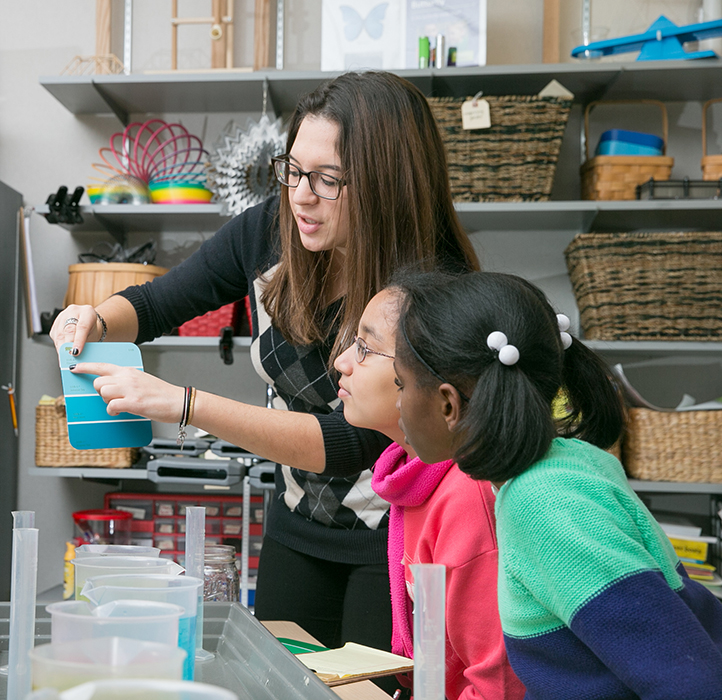
More about the student experience
Internships, student organizations, research and networking opportunities, and community outreach are all part of the Hofstra experience.

HNET
HNET is an active group of Hofstra University pre-service teachers and alumni of Hofstra's undergraduate and graduate elementary education programs, as well as their colleagues.
HNET exists to provide a professional community for elementary teachers and teachers-to-be who are associated with Hofstra. Activities include an annual conference; regular discussions on issues of importance to new and veteran teachers; social events; and book discussion groups. While HNET is a valuable support center both our undergraduate and graduate students, it continues to be be a resource they can depend on long after they graduate.
ASCD Chapter
Hofstra University’s student chapter of ASCD (the Association for Supervision and Curriculum Development) has the opportunity every year to attend and present at the national organization’s annual conference. At Hofstra, the ASCD Student Chapter Program includes both undergraduate and graduate students. Membership is designed to accelerate the pre-service development of educators and student teachers and enhance their self-identification as education professionals and leaders.
Paid Internships
In several school districts on Long Island where Hofstra University's School of Education has developed school-university partnerships, students complete their formal student teaching placements in the fall semester and then segue into a paid internship role for the remainder of the school year through the end of the spring term.
While serving in the spring, interns provide academic intervention services and/or tutorial services to district students while continuing to develop their pedagogical skills under the direction of district teachers and administrators. Employment as interns provides valuable clinically rich experiences at the conclusion of the teacher training program and gives interns solid experience on which to continue building a resume as they work to secure a first teaching position.
The Outlook
Our recent graduates are well-prepared to enter the classroom, and are working throughout the New York metropolitan region, and nationwide, as general education, preschool, special education, and dual language teachers, as well as literacy specialists.
According to a survey of recent graduates (2020-2021) from the School of Education:
-
100% of respondents reported they were employed or attending or planning to attend graduate school within a year following graduation.
-
Of those employed alumni, 100% landed their position either before or within three months of graduation.
-
Their mean reported annual salary following their first year after graduation was $52K.
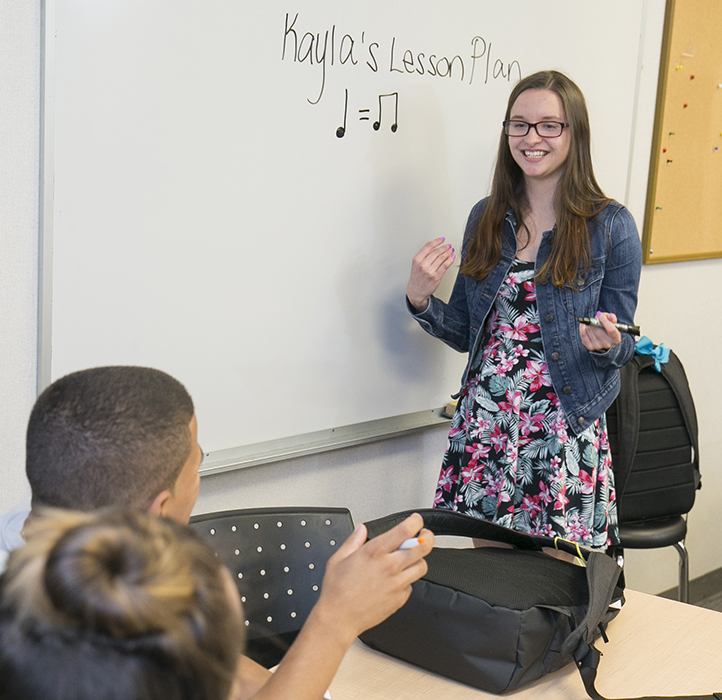
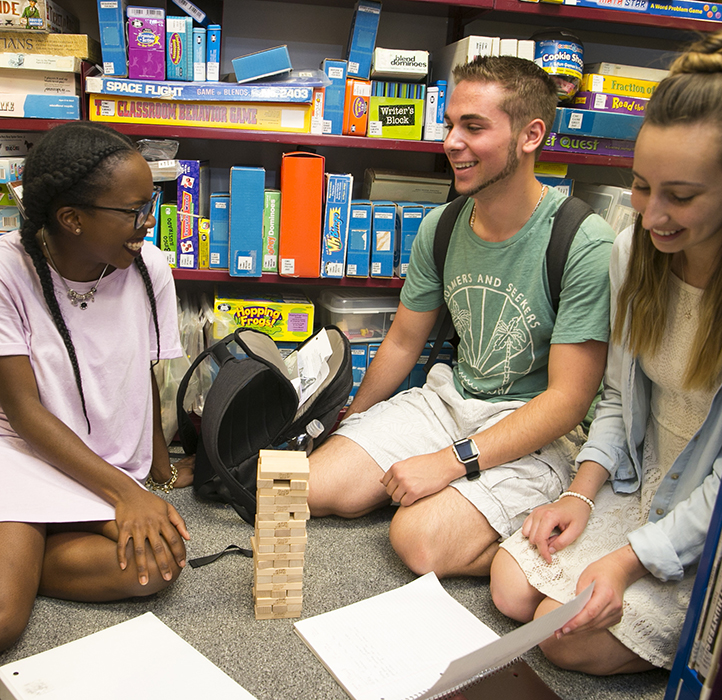
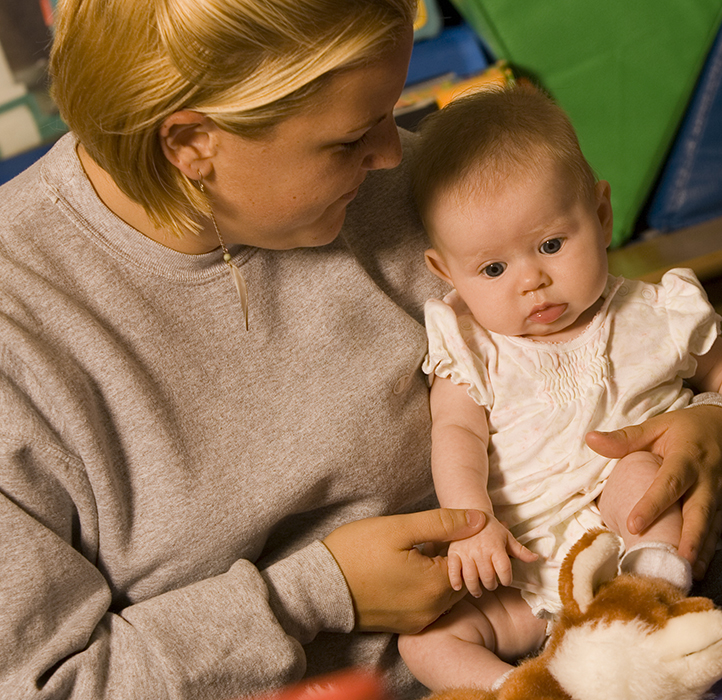
During Crisis, Finding the Teachable Moments
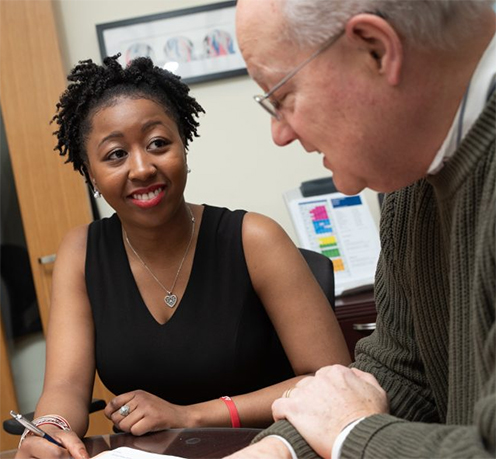
When schools closed statewide in March 2020 to slow the spread of the novel coronavirus, the School of Education had student teachers placed throughout Long Island and the New York metropolitan area. Jay Lewis, former associate dean for External Relations, Field Placement and Recruitment, believed his aspiring teachers could be a critical resource as schools made the transition to digital learning. He worked the phones and made calls to local school districts to make sure students could continue their placements. The result? 100% of Hofstra student teachers continued to teach online.
Contact Us
Early Childhood & Elementary Education Program Directors:
Myrna Fischbach, MS
Advisor, Undergraduate Programs in Early Childhood, Elementary, and Dual Childhood Education
Adjunct Instructor
Phone: 516-463-4799
Email
Rosebud Elijah, PhD
Graduate Co-Director, Early Childhood Education and Dual Early Childhood and Childhood Education Programs
Associate Professor
Phone: 516-463-6543
Email
Andrea Libresco, EdD
Graduate Co-Director, Early Childhood Education and Dual Early Childhood and Childhood Education Programs
Professor
Phone: 516-463-6543
Email

